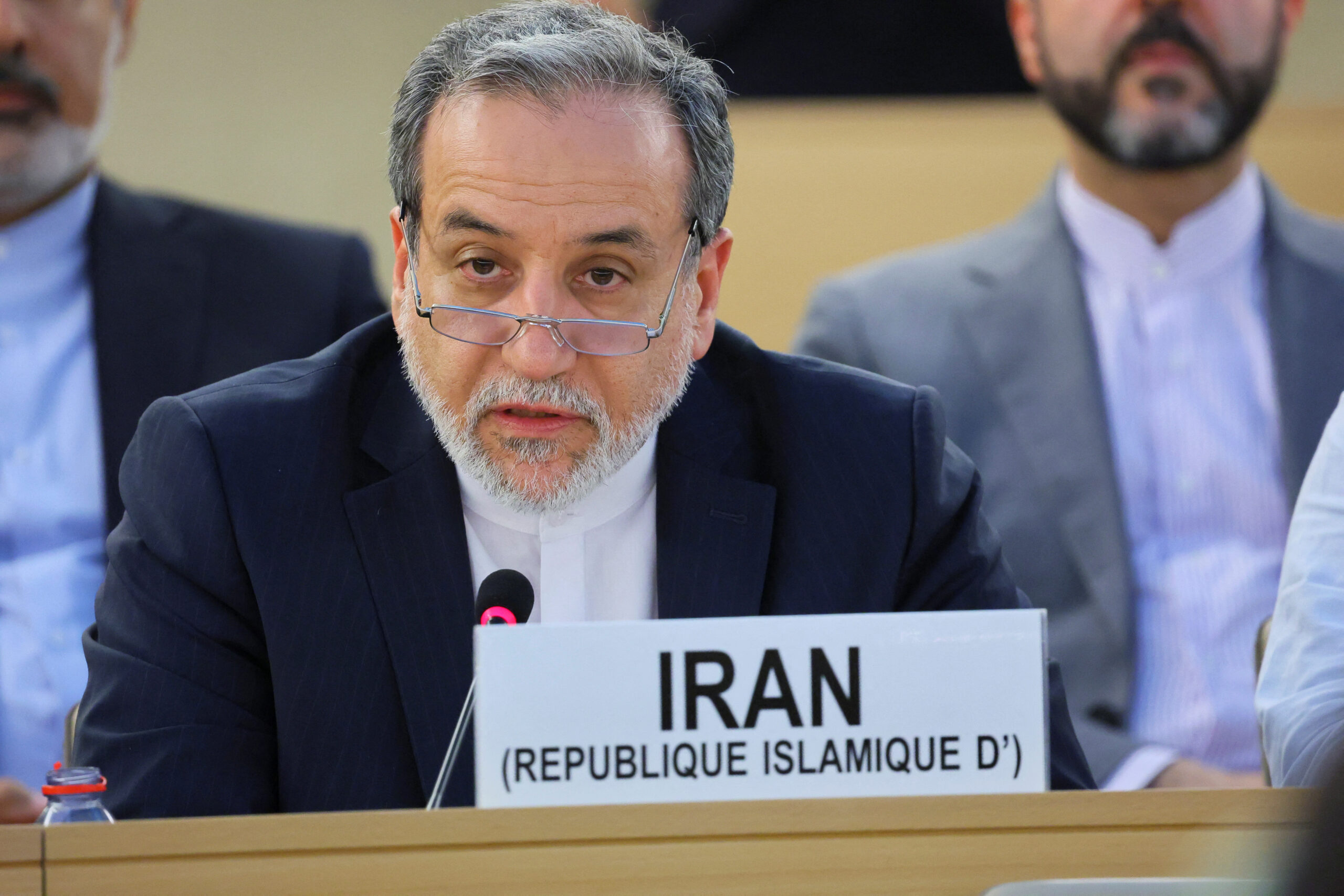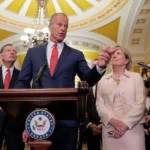
Iranian Foreign Minister Abbas Araghchi has dismissed the possibility of immediate nuclear negotiations with the United States, despite President Trump’s suggestion that talks could begin within days.
Speaking on CBS Evening News Monday, Araghchi responded to Trump’s timeline while G7 foreign ministers simultaneously issued statements supporting renewed dialogue on Iran’s nuclear program.
Iran and the US were previously engaged in nuclear discussions when Israel conducted strikes on Iranian nuclear and military facilities. The US subsequently participated in attacks on Iran’s Fordow, Natanz and Isfahan nuclear sites on June 21.
While Tehran maintains its nuclear program serves peaceful purposes, both the US and Israel express concerns about potential weapons development capabilities.
Araghchi indicated negotiations would require more time than Trump suggested, emphasizing Iran’s need for security guarantees before reengaging.
“In order for us to decide to reengage, we would have to first ensure that America will not revert back to targeting us in a military attack during the negotiations,” the minister stated.
He added that “with all these considerations, we still need more time,” though emphasized “the doors of diplomacy will never slam shut.”
The Trump administration seeks talks following the president’s first-term withdrawal from the 2015 nuclear agreement, which limited Iran’s uranium enrichment below 3.67 percent in exchange for sanctions relief. After Trump abandoned the deal, Iran began enriching uranium to 60 percent levels, exceeding civilian requirements but remaining below weapons-grade thresholds.
Trump has claimed US attacks “obliterated” Iran’s nuclear facilities, with senior officials suggesting the country would struggle to rebuild its atomic program.
Araghchi challenged this assessment, telling CBS: “One cannot obliterate the technology and science for enrichment through bombings. If there is this will on our part, and the will exists in order to once again make progress in this industry, we will be able to expeditiously repair the damages and make up for the lost time.”
Following the US-Israeli strikes and subsequent ceasefire, Iran has suspended cooperation with the International Atomic Energy Agency (IAEA). President Masoud Pezeshkian criticized the agency chief’s “destructive” approach toward Iran on Monday.
Al Jazeera’s Resul Serdar reported from Tehran that tensions between Iran and the IAEA are escalating, with Iranian officials stating they will only permit inspector returns once bombed nuclear sites are secured.
G7 foreign ministers expressed support for the Iran-Israel ceasefire and encouraged resumed Washington-Tehran negotiations.
“We call for the resumption of negotiations, resulting in a comprehensive, verifiable and durable agreement that addresses Iran’s nuclear program,” the G7 statement read.
The ministers also urged “all parties to avoid actions that could further destabilise the region.”












Be the first to leave a comment